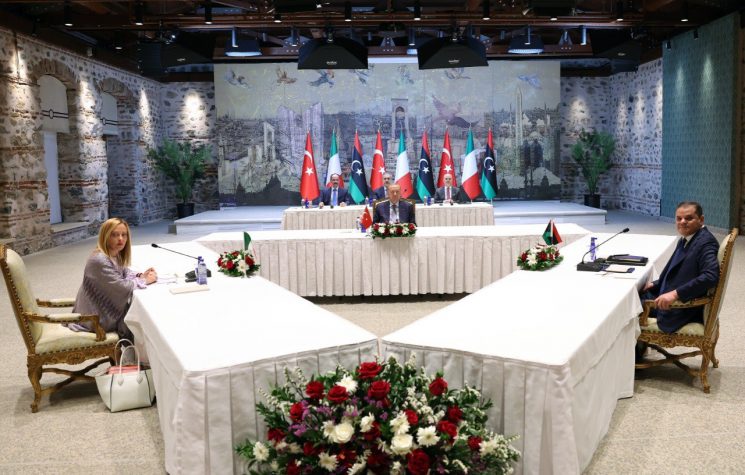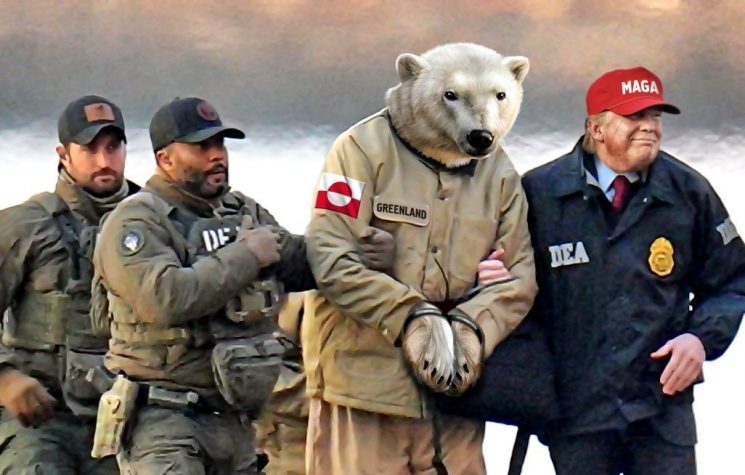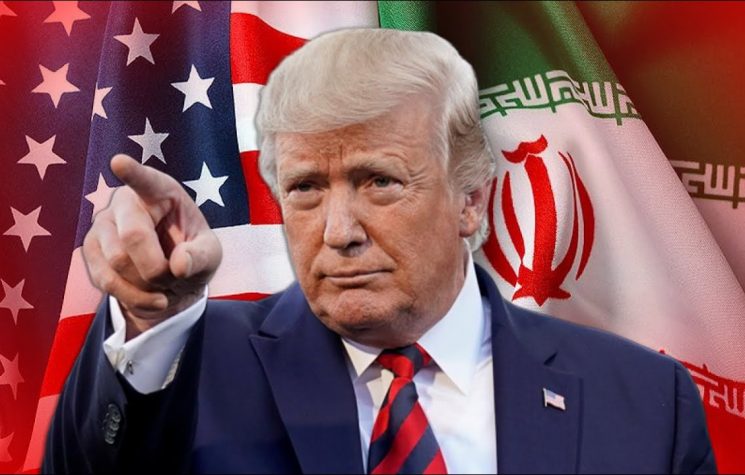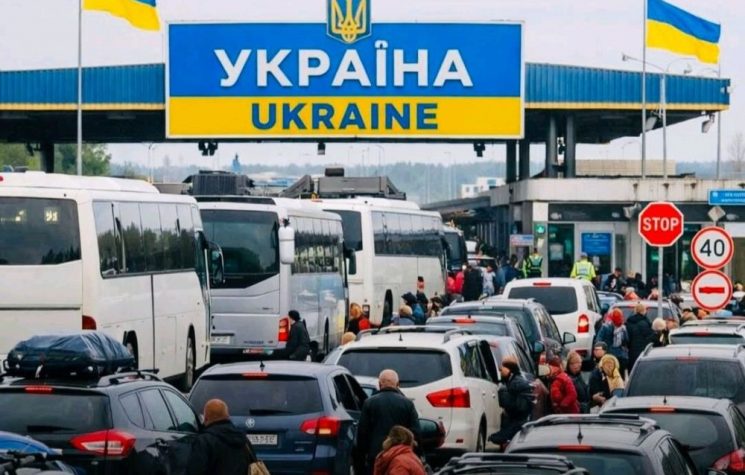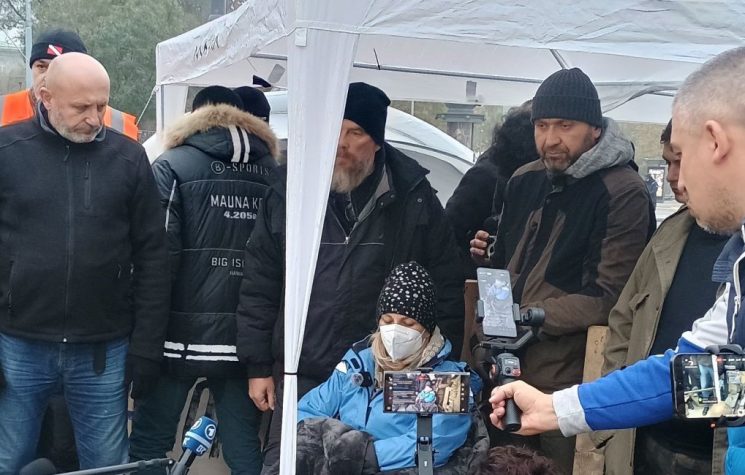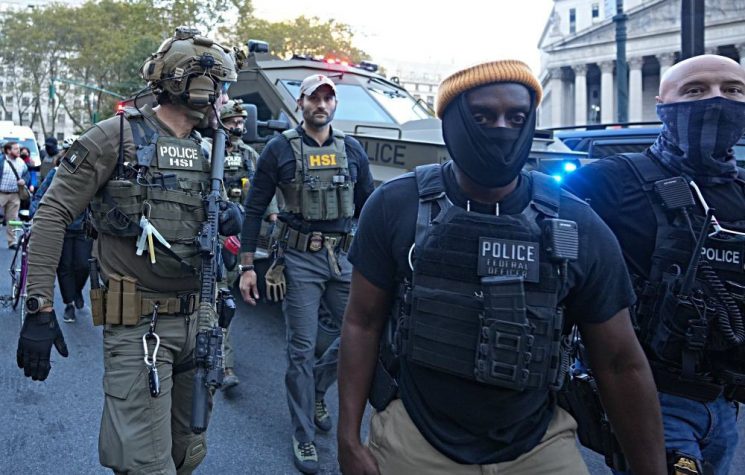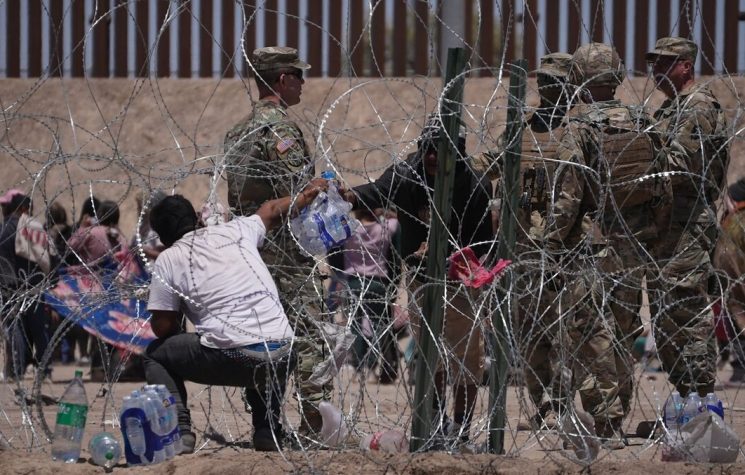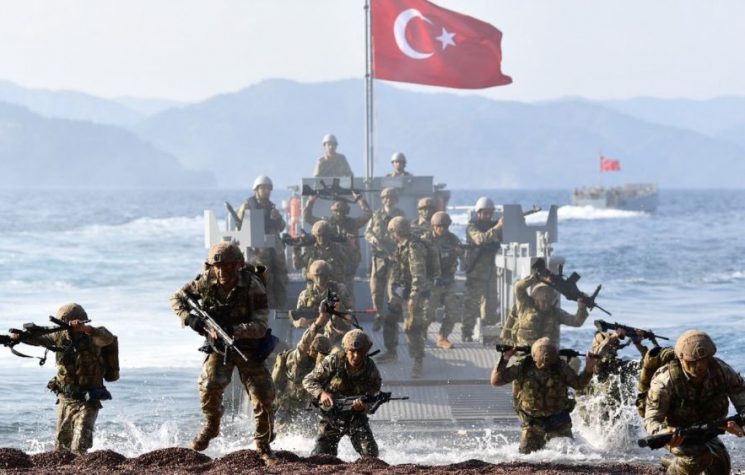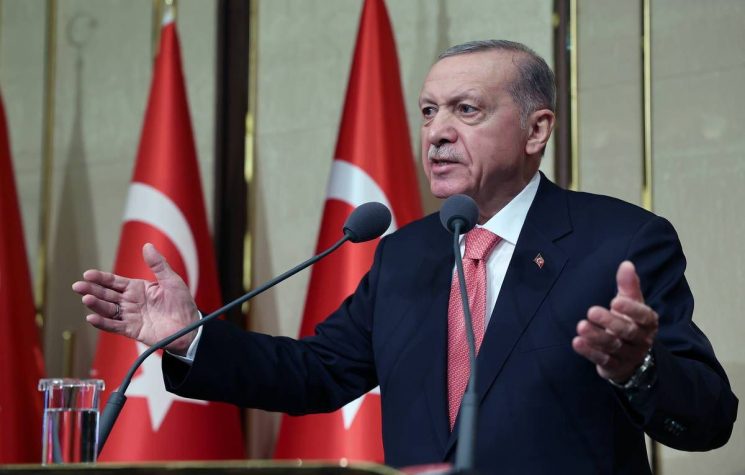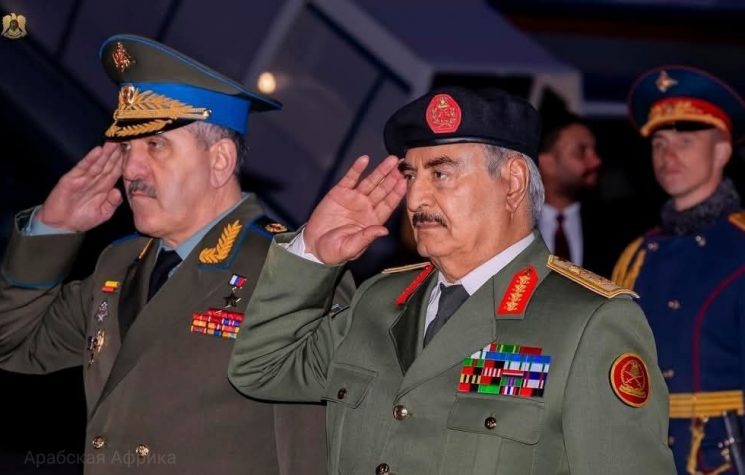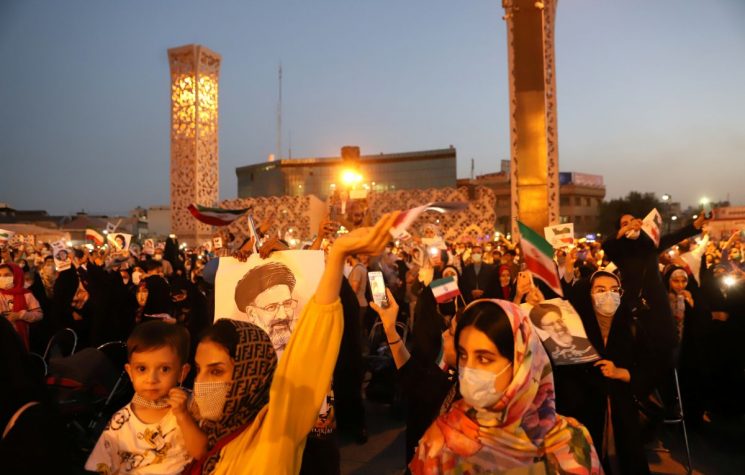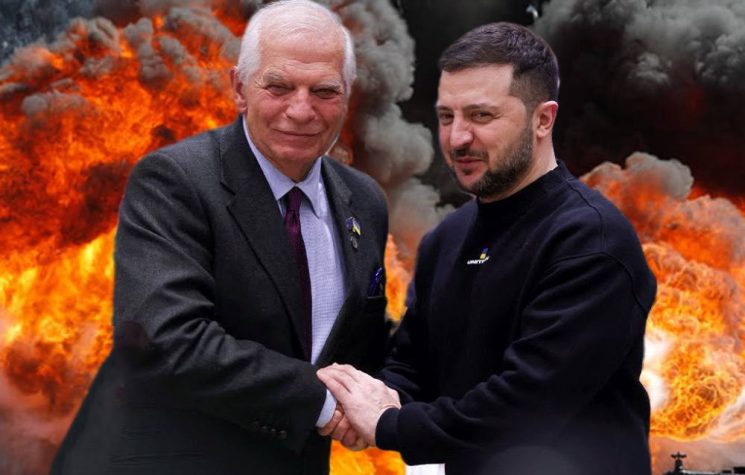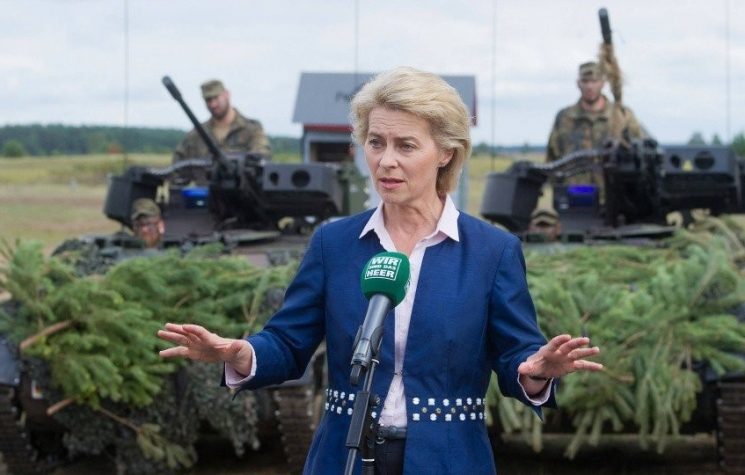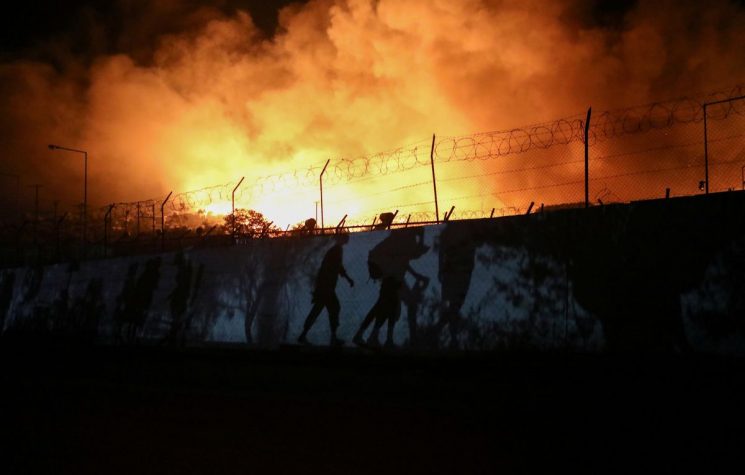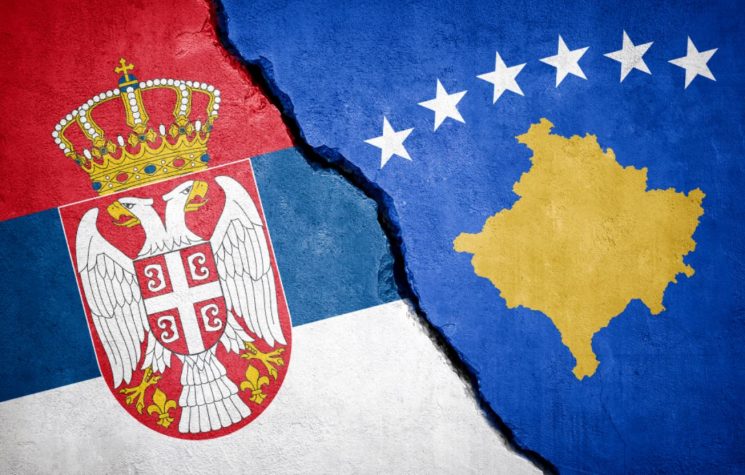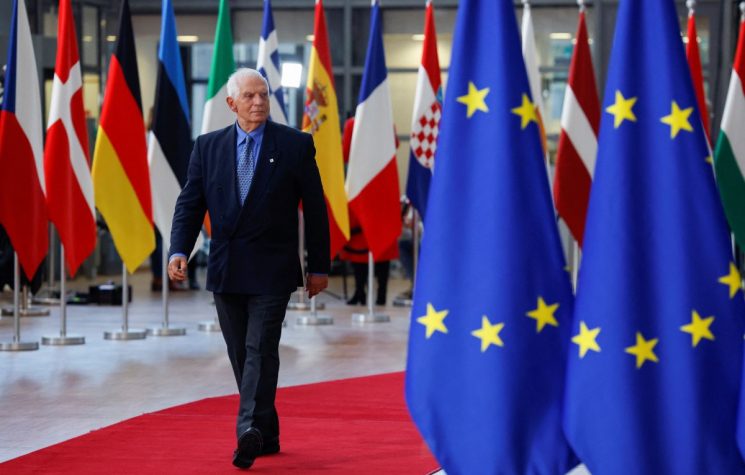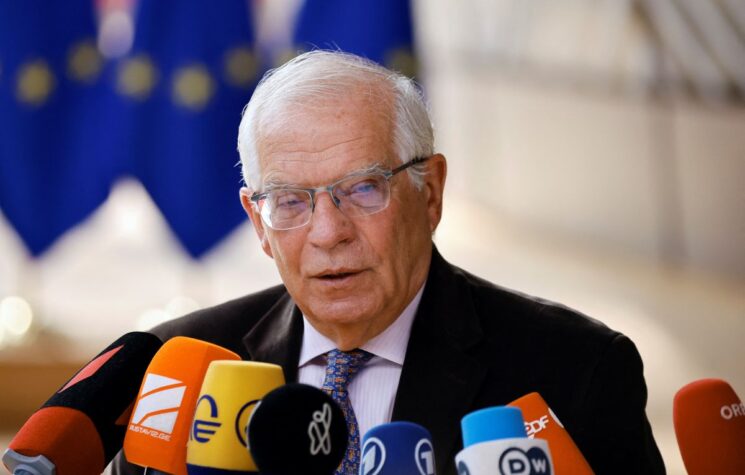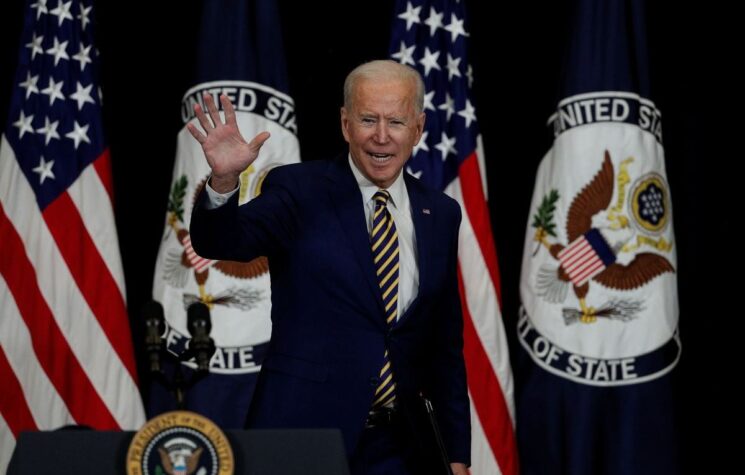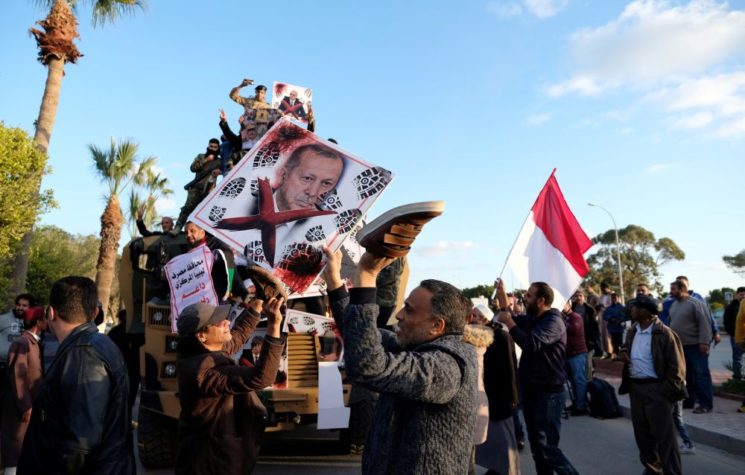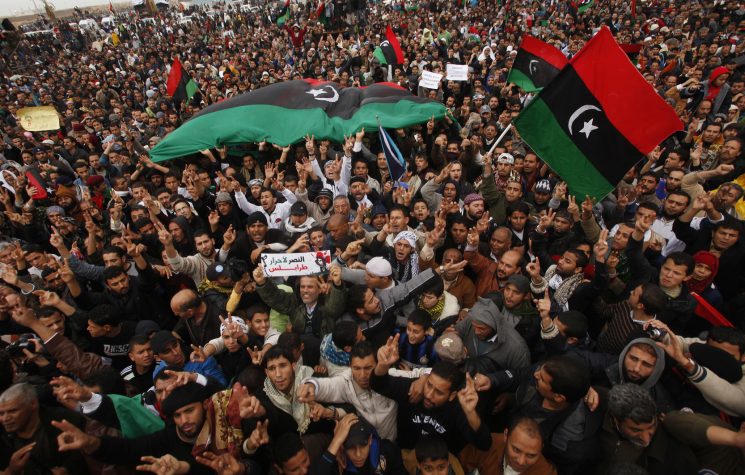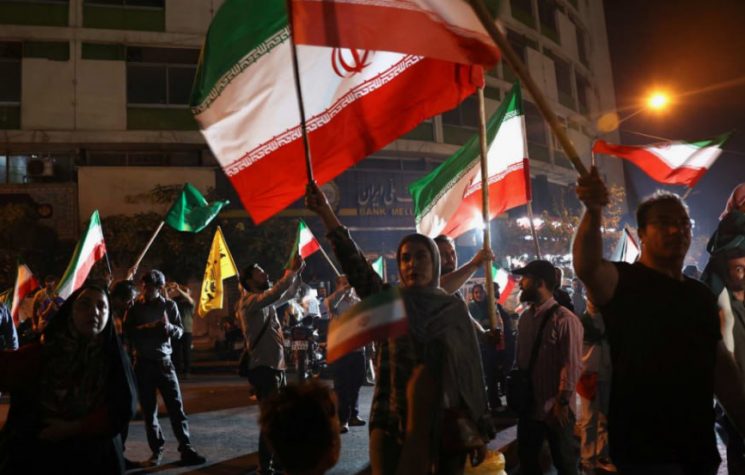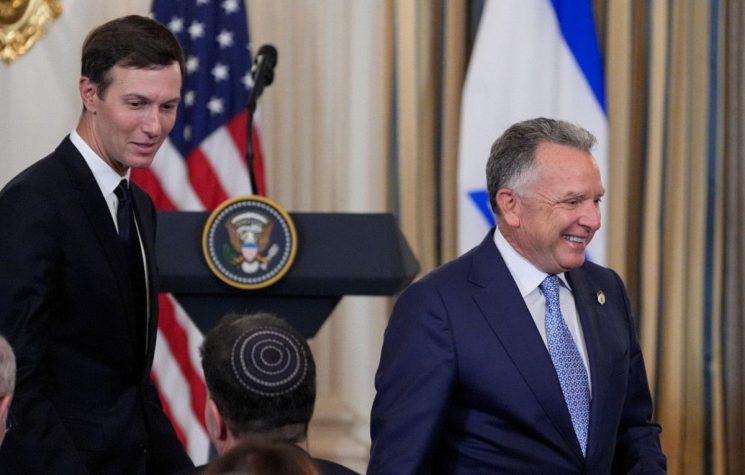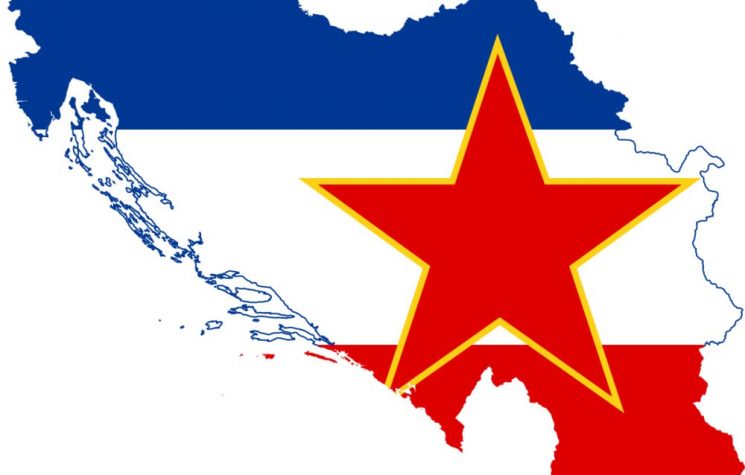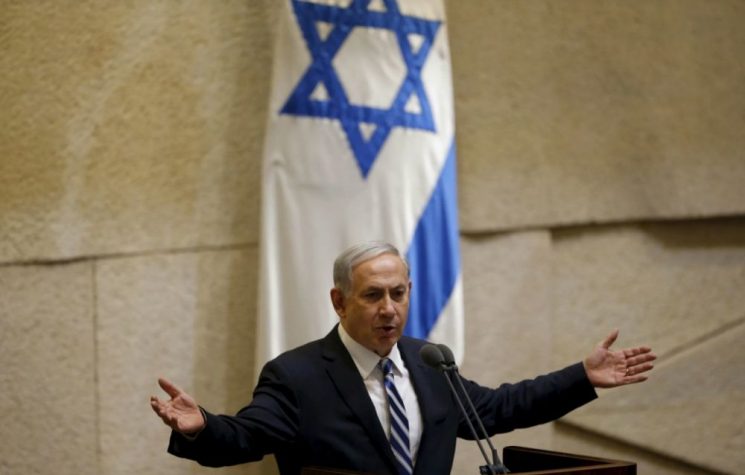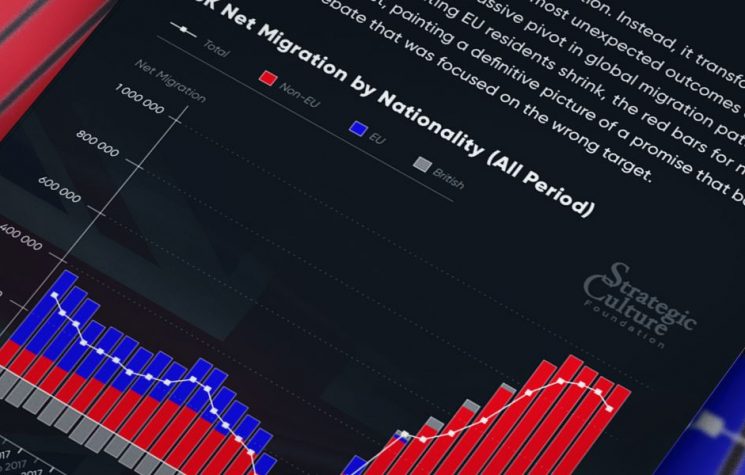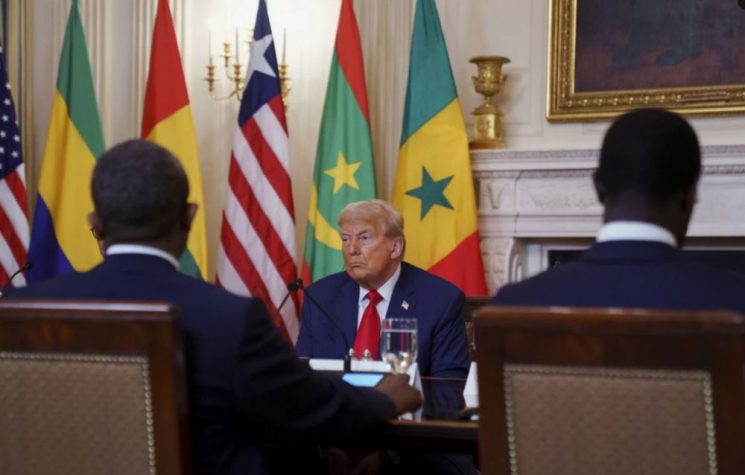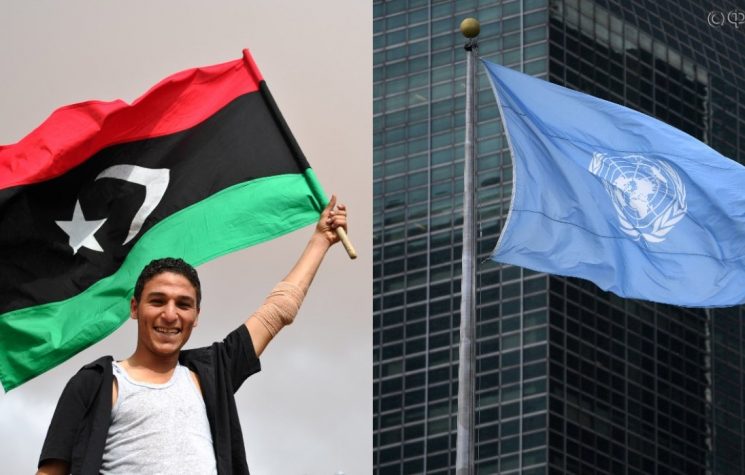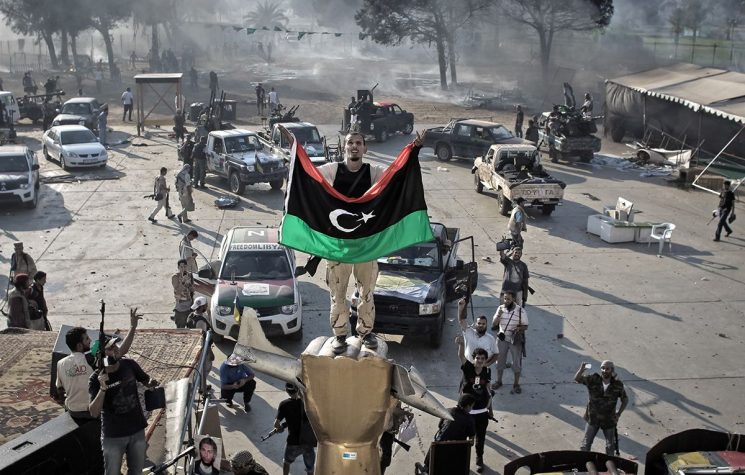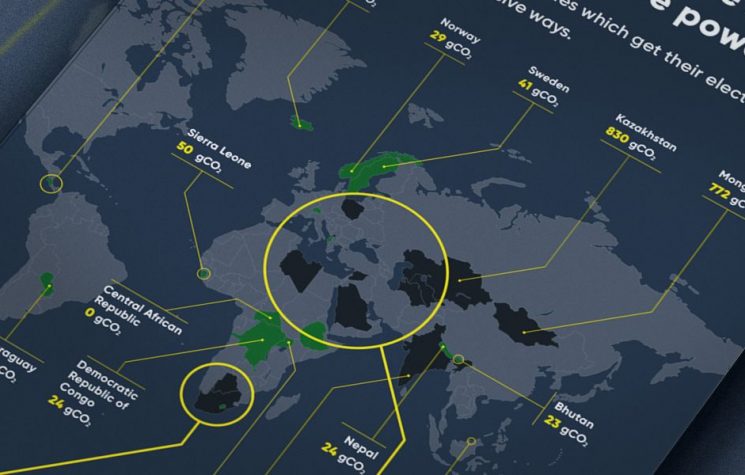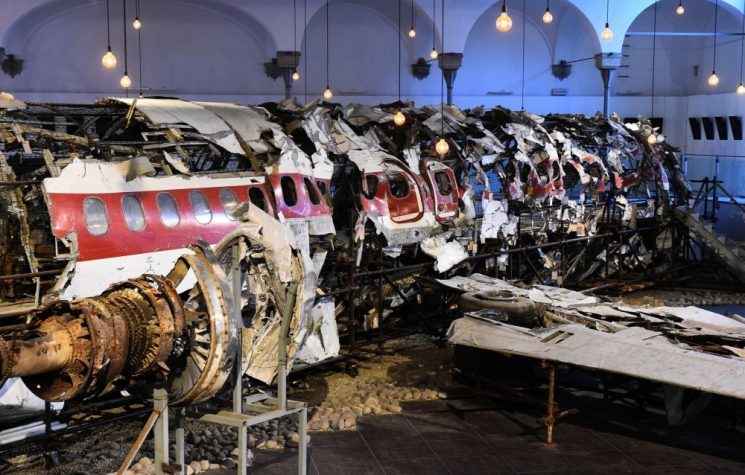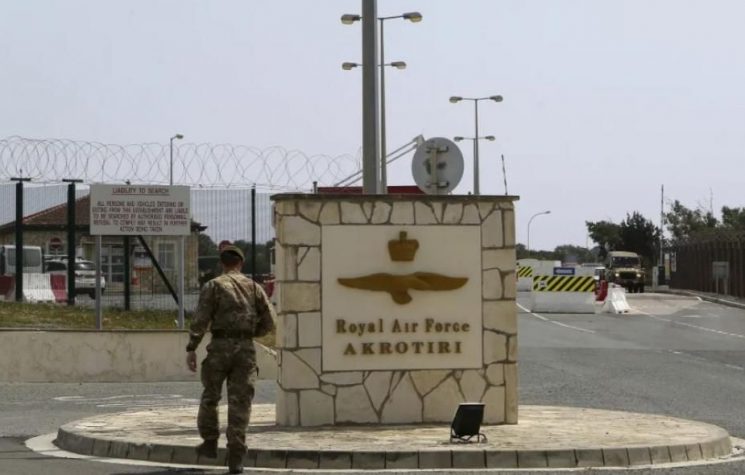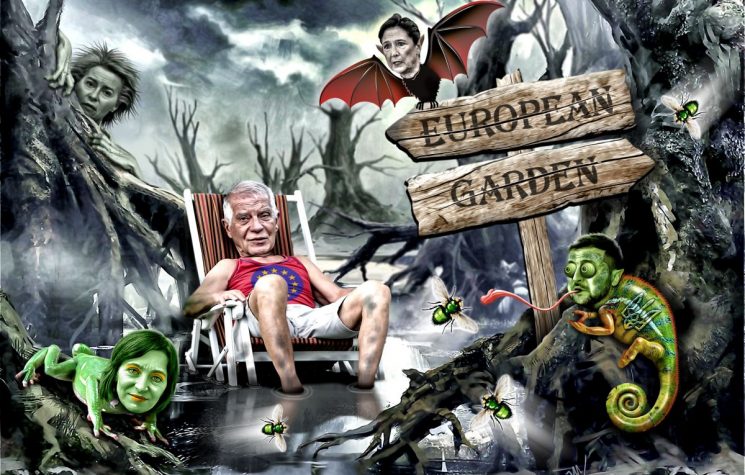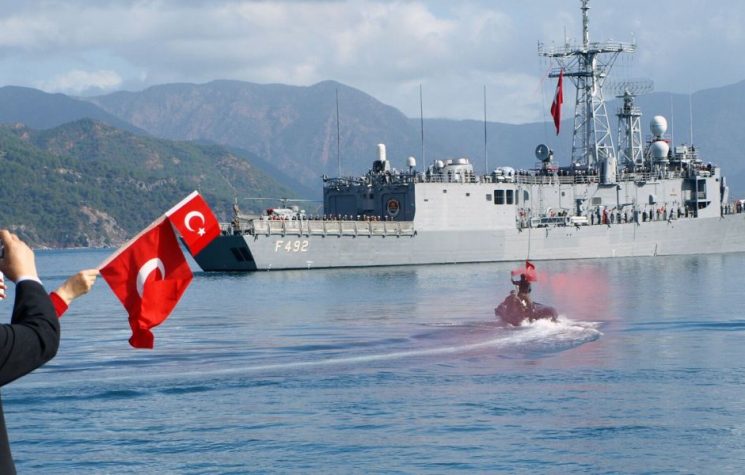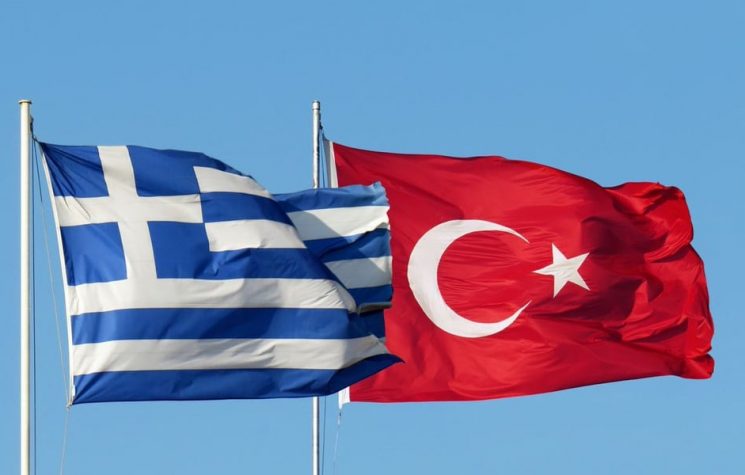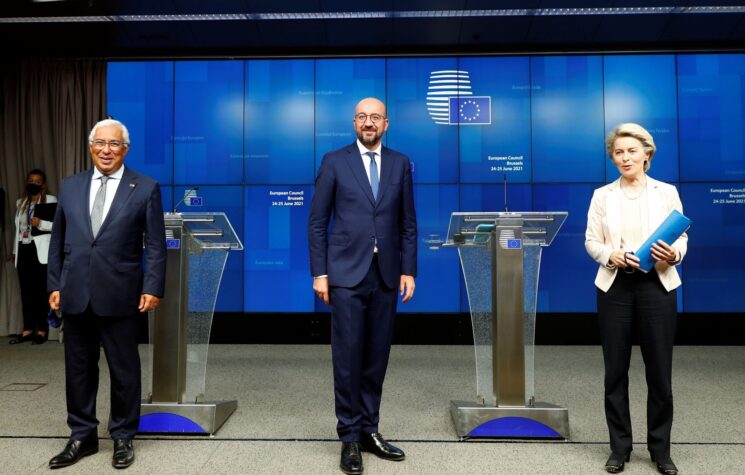It’s often said that the EU plays no role whatsoever in the conflict in Libya and takes no side. And given that Italy, being the odd man in Europe, supports the incumbent government and its ragtag coalition of soldiers and militias it employs fighting under the so-called GNA – whereas most EU countries are more aligned to General Haftar (supported by Russia, Egypt, UAE and Saudi Arabia), it’s easy to see how the EU can’t take a single position.
But it has. Although at the end of May there was more waffling by the EU’s foreign policy wonk, Spanish socialist Josep Borrell, who, undoubtedly frustrated by the EU’s initial role of funding dictators in many African countries – which led to the horror of African migrants being treated as slaves in Tripoli – has now resorted to double talk and euro-gibberish which is even confusing EU folk in Brussels.
“Libya is the test of EU credibility, right at our doorstep. We have seen the absurd situation of fighters wearing masks to protect themselves against COVID-19 while exchanging fire with machine guns”, he says.
“We continue to work towards a ceasefire, knowing how difficult this is. We have launched Operation Irini to help enforce the UN arms embargo – even if not everybody is happy with that – but all Member States need to invest in the effort,” he added.
So what’s wrong with this statement? Nothing really, except the minor detail that while most MEPs who gave it the nod in the European parliament thought that it was about blocking arms shipments but also illegal flows of immigrants (or mercenaries) and was widely reported as such, it seems that it has been downgraded to the former.
Now, according to Borrell, when he speaks of Irini, he only talks about it in a context of arms smuggling. And these days the big picture, grandiose speeches about blocking arms shipments has notably been reduced to merely “help enforce” the UN arms embargo.
If only even this was accurate. Or rather if only these statements were less disingenuous in the first place, as the EU’s parades a farcical notion to MEPs and the public that it is neutral in this war.
In reality, the position that the EU has taken, is to very much side with Haftar – and therefore Russia, UAE, Egypt and Saudi Arabia – and with his LNA army which is attempting to overthrow the weak and somewhat illegitimate regime holding out in Tripoli.
Even if we are to take Borrell’s comments as face value, what it all adds up to is simply that the EU will use its military capability at sea to attempt to block arms shipments.
There’s only one problem with this strategy.
Given that the UAE and Russia never use the sea to send neither arms nor troops, but Turkey does, one could be forgiven for thinking that the EU policy is just a tad corrupt and unfair. Or, put differently, the EU strategy seems heavily tilted against Turkey which supports the UN-backed president.
The EU has the technology at its disposal to scan the skies and track planes flying into Libya. And it certainly has the satellite spy technology to do the same with overland movements from the Egyptian border. Are any MEPs or, dare we suggest, curious Brussels-based journalists going to query why the EU chooses not to? Why it opts for the maritime plan only? Could it be that it kills two birds with one stone?
On the one hand, it helps Haftar as, while a number of ships laden with arms for the al-Sarraj government have been intercepted by vigilant EU navy vessels, whereas no arms or mercenary movements on Haftar’s side have, it also creates a precedent in that part of the world for the EU to have a presence in the water with battleships.
And here’s where it gets a bit complicated and shows the EU to be anything but a neutral player, rather a wannabee superpower which punches way above its weight.
Whereas any two-bit geopolitical buff can see how Erdogan has become a hate figure of the EU, made much worse by a maritime agreement Turkey signed with Libya to lay claim to a massive part of the Mediterranean for oil and gas, the EU sides with Cyprus and Israel who are increasingly worried about this development. This is the real reason why EU ships are in the area. A show of force to Erdogan and his partners with their bold, ambitious plans in the Eastern Mediterranean. The EU has real problems in this region, but Libya is providing the basis for the justification for much scuttling back and forth and the manic writing of press releases and rambling in the European parliament – to MEPs who really aren’t up to speed on Libya and most of the time rely heavily on lobbyists in Brussels to brief them. It they even bother to do that.
But how much longer can this nefarious farce continue to be covered up by the media in Brussels or so-called experts working on the news desks in London, Paris and Washington? The EU is hardly a neutral player and has a lot to gain if Libya falls under the total control of Haftar and Turkey’s plans in the region are shattered. Awkwardly, its agenda is aligned to Russia’s but Moscow played a much smarter game and is guaranteed a big slice of the spoils regardless of which side wins. The EU is playing a much dicier game with higher stakes, with top people prepared to destroy the EU simply to keep face and their highly paid jobs. Brussels, acting on behalf of EU countries taking a decisive role in backing one side in Libya is scary enough, given that we have seen what militias and rogue governments do to EU countries when they are dealt a bad hand by them – going back as far as Lockerbie or even the Madrid train bombing right through to more recently with London attacks, Manchester bombing, Paris terror attacks, Brussels metro bombing.
In fact, the Manchester bombing was a direct result of Britain’s Mi6 helping the bomber earlier on travel to Libya and fight in a terror cell against Gaddafi, before being ushered through Heathrow airport by security officers on his return. Western governments no longer assassinate despots, but usually outsource such dirty work to terrorists whom they train. Western countries back militias and even extremist groups when it serves their purposes in a given country, whose leader isn’t playing ball, like in Syria, for example. But now we are expected to allow a completely untested EU foreign affairs department of the EU, which blows over a billion dollars a year on paying for “diplomats” to talk up the EU project in over 120 countries (mainly poor countries) where palatial embassies are paid for, to play at being a super power in Libya.
Light touch paper and stand well back.








